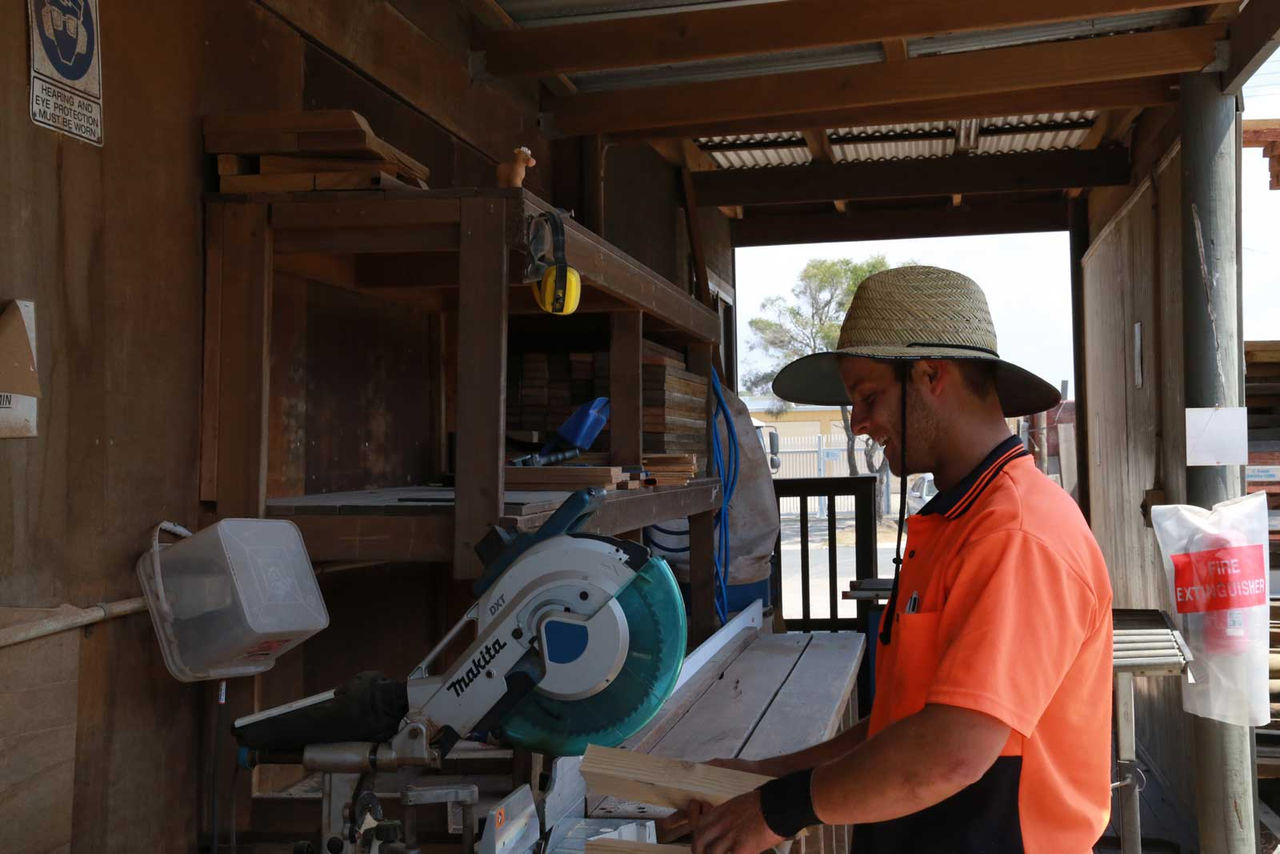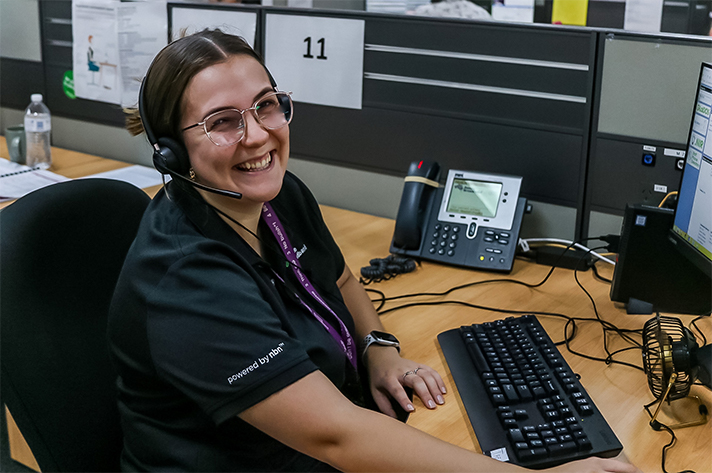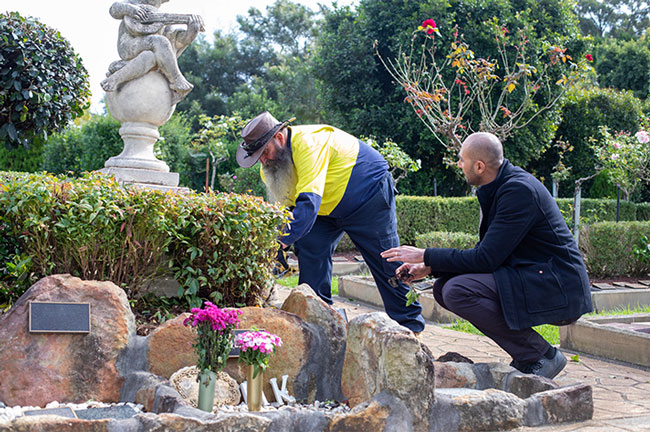Why Vitamin D is important
Published by MAXSolutions on October 23, 2022

Vitamin D is essential for good health. It is essential for your body to build bone, and new research shows that it can reduce cancer cell growth, help control infections and reduce inflammation. [1]
Many of your body’s organs have vitamin D receptors which make researchers think that vitamin D’s benefits are more widespread than we currently know. [1]
Ongoing vitamin D deficiency can result in osteoporosis, and bone and joint pain. Older people who don’t have enough vitamin D are more likely to fall and fracture their bones.[3] This is why vitamin D is important.
Vitamin D deficiency can also affect an unborn child. If you are pregnant or want to have children, ask your doctor to check if you are vitamin D deficient.[3]
Vitamin D: Sunshine or supplement
In Australia, vitamin D deficiency is surprisingly common. More than 1 in every 3 adults has mild, moderate or severe vitamin D deficiency.[2] This is despite sunshine being a good source of vitamin D, and Australia having plenty of sunshine.
The sun’s ultraviolet radiation (UV) is the main cause of skin cancer and also the best natural source of vitamin D.[3]
There is a balance between the risk of skin cancer from too much sun exposure and maintaining adequate vitamin D levels.[4]
The body can only absorb a limited amount of vitamin D at a time. So, spending extra time in the sun won’t increase your vitamin D levels – but it will increase your risk of skin cancer.[3]
It’s good to know that using sunscreen will not lead to vitamin D deficiency. Further, because Vitamin D is fat-soluble, your body can store it during times you aren’t getting any sunshine.
How much sunshine is enough?
According to the Cancer Council,[4] the level of ultraviolet radiation (UV) will vary depending on where you are, time of year, time of day and how much cloud cover is above you.
Most people get enough vitamin D through regular incidental exposure to the sun. When the UV Index is 3 or above (which it often is during summer), most people get enough vitamin D just by spending a few minutes outdoors on most days of the week.
At other times of the year, such as late autumn and winter or in some southern parts of Australia, when the UV Index falls below 3, it’s okay to spend time outdoors in the middle of the day with some skin uncovered.
Remember, sunscreen doesn’t inhibit your intake of vitamin D but it does protect your skin from getting burnt and wearing it regularly, reduces the risk that you will develop skin cancer.[4]
If you aren’t able to get enough sunshine, or if you want to avoid the sunshine to protect your skin, you can take a vitamin D supplement.
Continually taking high doses of vitamin D supplements can cause vitamin D toxicity.
A condition called hypercalcaemia (where there is too much calcium in your blood) is the most common condition that results from taking too much vitamin D.[3]
So how much is the right amount?
Your Vitamin D levels can easily be measured by a blood test.[2]
So if you are worried that your sunsafe activities mean you are getting low in Vitamin D, your doctor can measure your vitamin D with a blood test. If you are a little low, you can easily take a supplement.
References
[1] Harvard
[2] Health direct
[3] Better Health Victorian Government
[4] Cancer Council
Share
Tags
Found this useful?
Help and advice
Our blogs are about helping people seek the information that they need for their steps in the workforce.




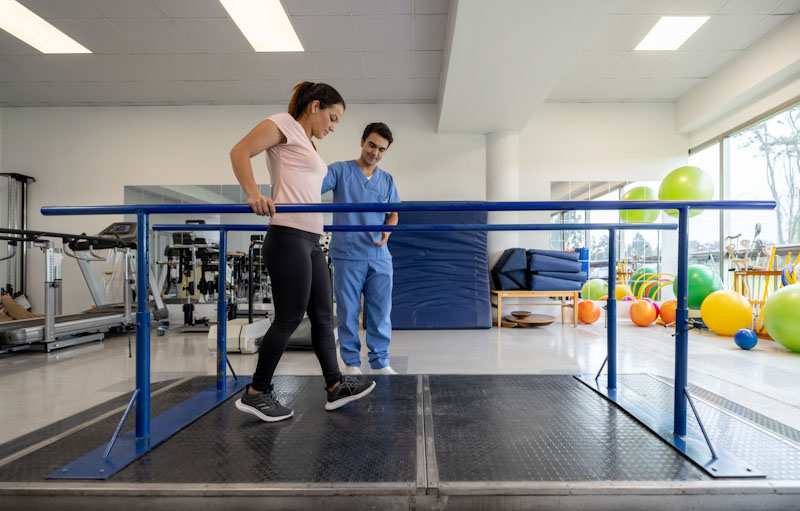









_1.jpg)



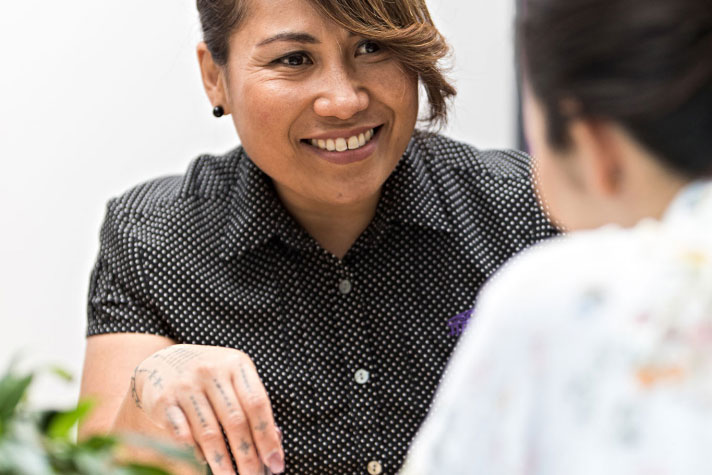






















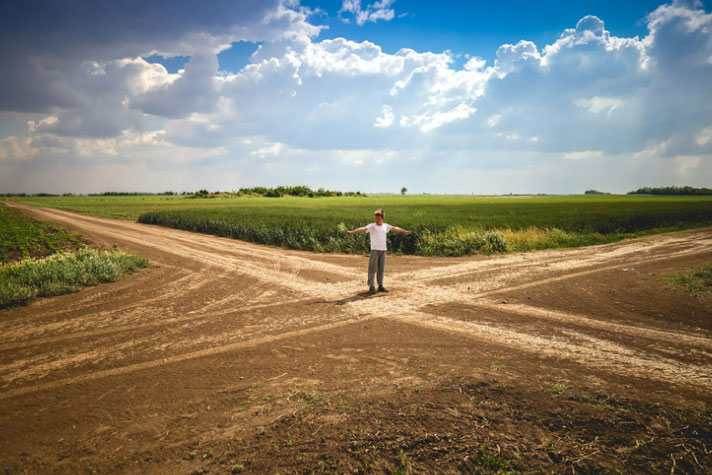


.jpeg)
